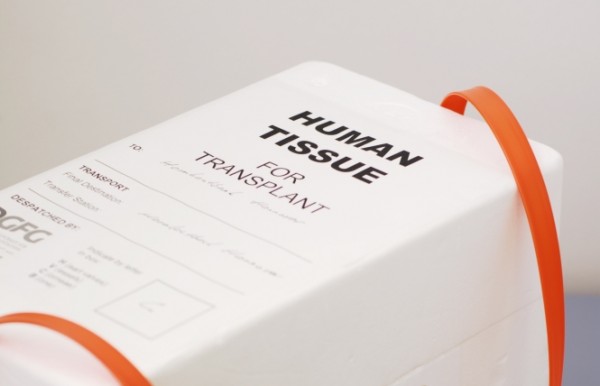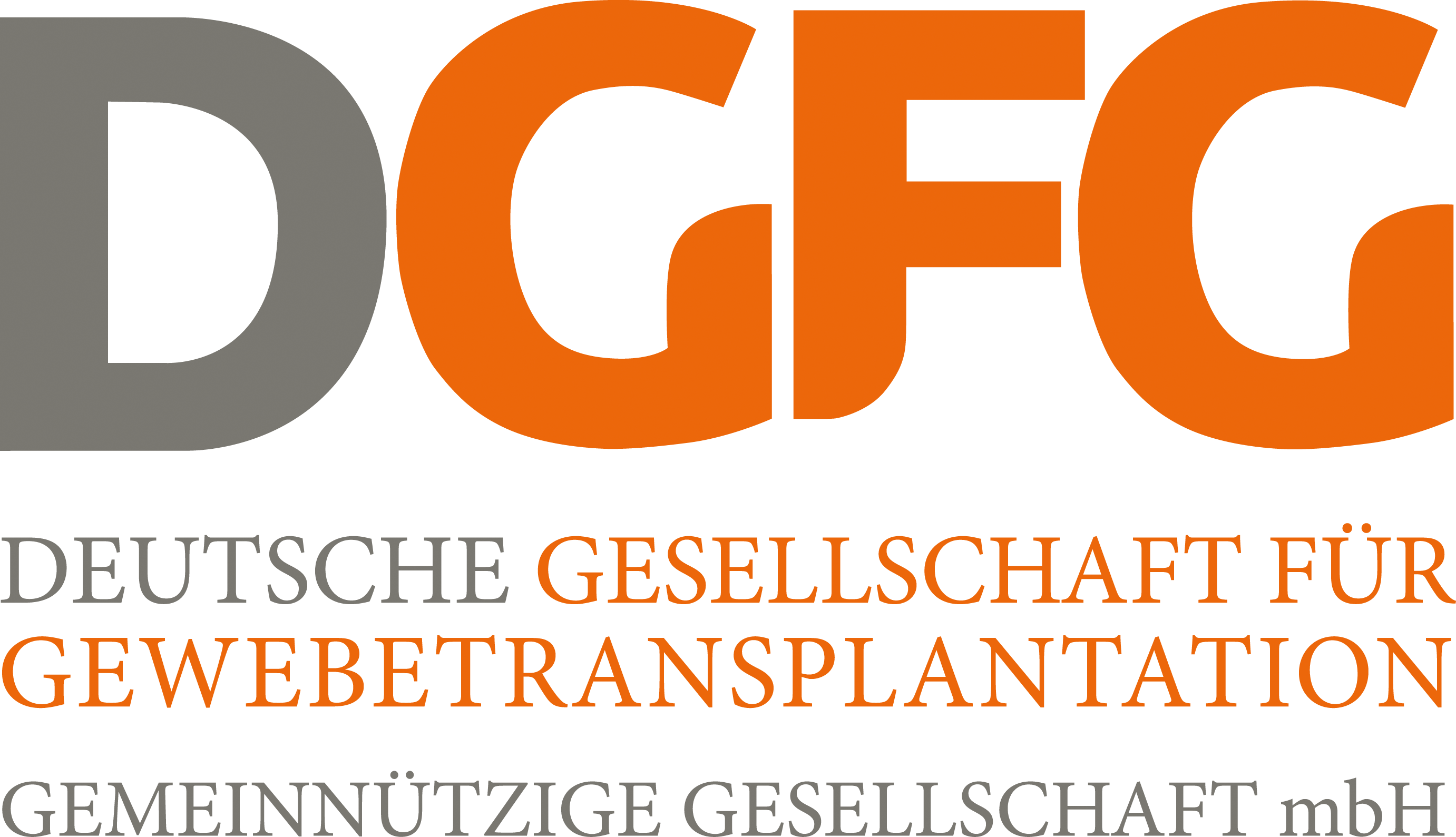Postmortem tissue donation
Postmortem tissue donation involves many steps from donor report to processing in the tissue bank.
Irreversible cardiovascular or brain death
Death must be determined according to rules that correspond to state of the art medical science (see the guideline for determining death of the German Medical Association). In contrast to organ donation, tissue can also be donated after cardiac death, as it is not supplied with blood like organs.
Reporting to DGFG
Reporting of potential tissue donors to the DGFG must take place as quickly as possible. Please call the free 24-hour telephone number 0800 511 5000 (for calls within Germany).
How to report a potential donor
Please call us on the free 24-hour number 0800 511 5000 (for calls from within Germany) if you would like to report a donor. Our medical service will clarify whether tissue donation is possible or not, and also whether tissue donation is possible within the framework of organ donation.
Medical reasons for exclusion
Our medical service first clarifies whether a tissue donation is possible. In addition to tissue-independent absolute contraindications, there are also tissue-specific reasons for exclusion. Important sources of information are the treating physicians or the family doctor of the deceased, the current or historical medical record and, if necessary, an anamnesis through an interview of the relatives.
Treating physicians are asked to secure a current blood sample (at least serum and EDTA) from the reserves of the laboratory. Each donor is tested for infectious diseases (at least HIV, HBV, HCV, syphilis) depending on the tissue. If no reserve sample is available, a blood sample can be taken within 24 hours of death. In the case of organ donations, the blood sample is taken at the latest before the start of perfusion.
Tissue donation & data protection
In order to make the most of every tissue donation, we need to process personal data. Living donors and relatives can download information on data protection in the context of a tissue donation here (in German only).
Informed consent through next of kin interview
The next of kin (telephone) interview serves to clarify the expressed or presumed will of the deceased. For the removal of tissue, the consent of the deceased must be available in the form of an oral or written declaration of consent (e.g. organ and tissue donor card). If the will is not known, the next of kin can make a decision in favor or against tissue donation on behalf of the deceased. This possibility must be pointed out by treating physicians, transplantation representatives or tissue donation coordinators in a sensitive and open-ended discussion. The result must be documented. If the relatives reject a tissue donation, the process is finished at this point.
People who are entitled to make a decision:
- the deceased by means of a written declaration made during his lifetime, e.g. organ and tissue donation card, living will
- the person to whom the decision was transferred, e.g. noted on the organ and tissue donor card,
- the relatives on behalf of the deceased’s orally declared or presumed will,
- the relatives according to their own values, if the presumed will of the deceased can not be determined.
Further procedure upon approval
The DGFG is currently coordinating the donation and removal of eyes (cornea), heart valves, blood vessels as well as bones, connective tissue and tendons.
The DGFG has a nationwide network of locations that enable tissue donation at almost any location. Tissue removal takes place in the surgery room or in pathology or dissection rooms. All employees are trained in the extraction of tissues, receive regular training and are registered with the competent authorities. For a corneal donation, an experienced employee removes the entire eye. The preparation of the disc-shaped corneal transplant is carried out by employees in the corneal bank.
Within the framework of organ donation, a coordinator is usually present on site to coordinate with the extraction surgeons and the staff of the German Foundation for Organ Transplantation. Organ donation always takes precedence.
Dignified care of the deceased
Important for every tissue donation is the reverent restoration of the body. The removed eyes are replaced by high-quality glass prostheses with the eye colour of the deceased, then the eyelids are closed. After a donation, the relatives always have the opportunity to say goodbye with dignity. A laying out and the performance of religious rituals are possible without restriction.
Transport to the tissue bank
Our employees pack the donated tissue according to the applicable standards. They arrange for the immediate transport to the tissue bank. There the tissue is prepared and stored until transplantation.
Feedback with thanks to the donor’s relatives
Upon request, we will inform the relatives about the success of the donation. Due to legal regulations we are not allowed to merge personal data of donors and recipients.


